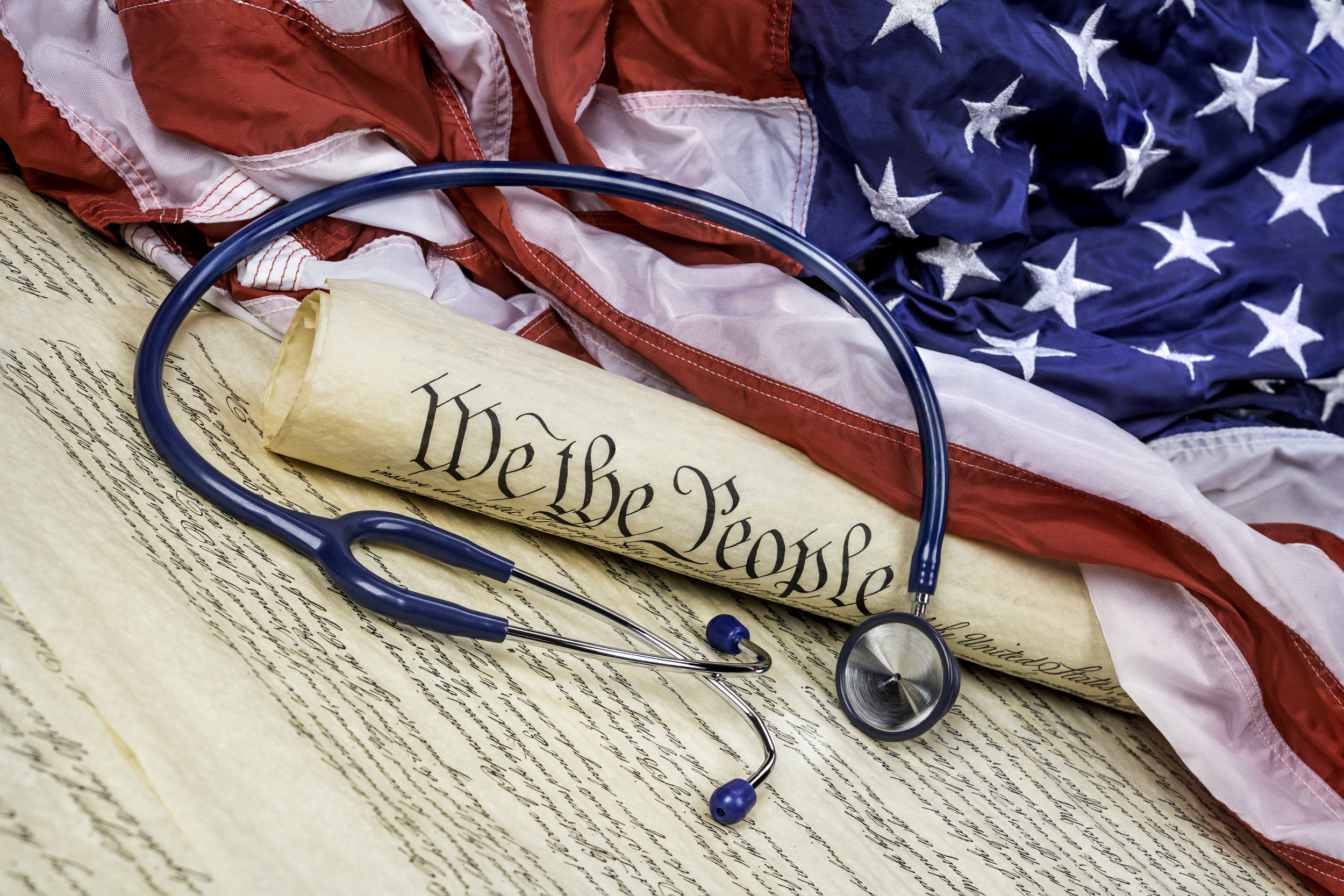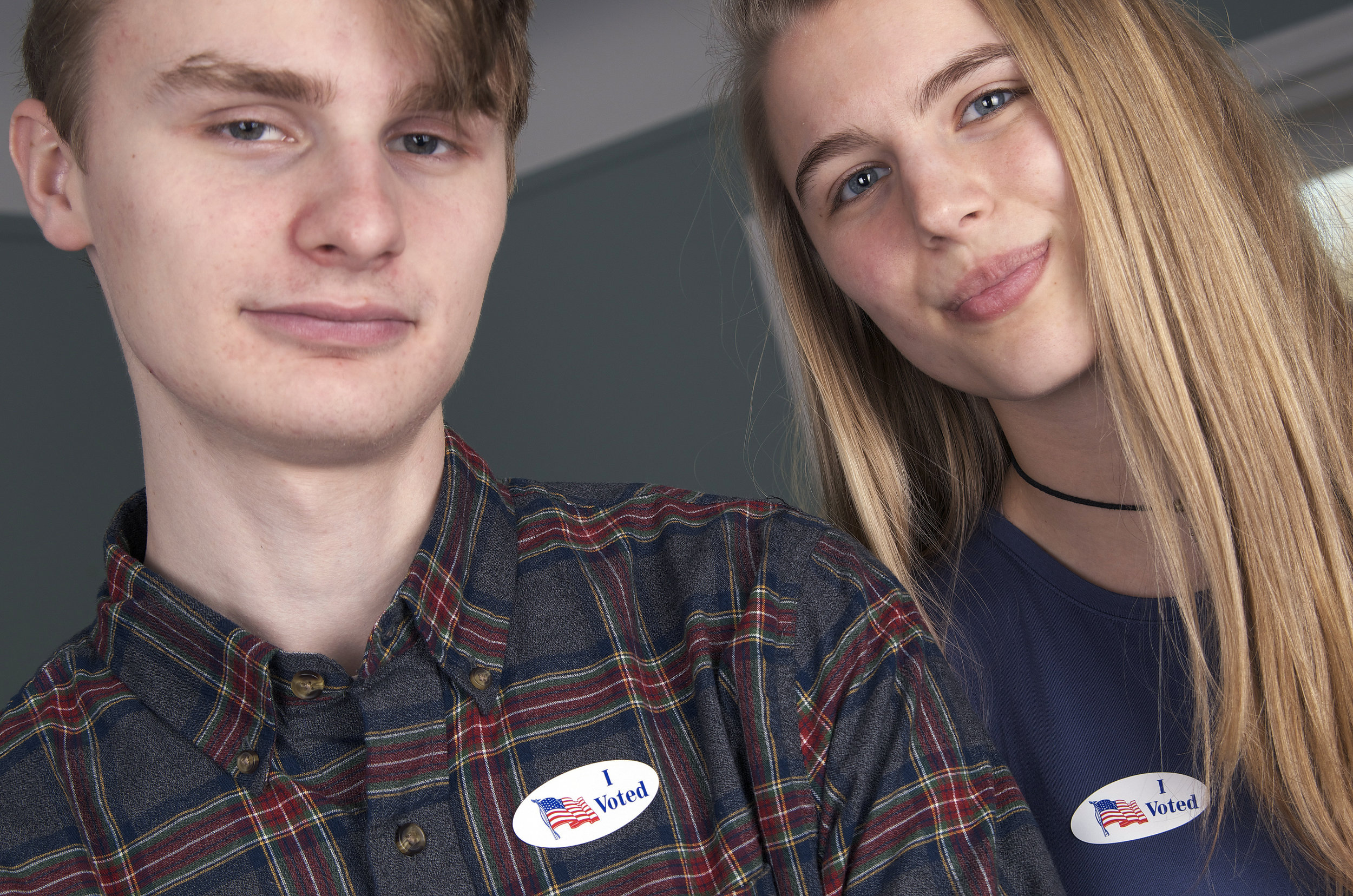I mention my mom a lot when talking about my chronic conditions, but my dad is just as much of an influence in my life. We were not always as close as we are now, but it was the first relationship I actively worked on as I transitioned from child to adult, and that is no small thing. I’m not sure I would have been able to do that successfully with my mom had she lived long enough for me to try.
We are a very politically aware family. My parents always took me and my brother with them when they voted. Current events were regular topics of discussion, and I am still unaware if there was any attempt to censor discussion for age-appropriateness. One of my clearest childhood memories is my maternal grandfather telling me to pay attention to the Iran Contra hearings in the summer of 1987. He said history was being made. I was 10. I didn’t want to watch PBS. I wanted to watch cartoons, but I sat down and paid enough attention to know it was boring.
We weren’t really what you would call activists, though, or so I thought. I knew my grandfather wrote a lot of letters to Barbara Mikulski, but that was pretty much it.
Then my parents and several others, led by my dad, sued our city and then the state over the elementary schools in my hometown, and I began to learn about civil rights. (I was a plaintiff!) The still fairly segregated elementary schools in African American neighborhoods weren’t getting the same money as the elementary schools in white neighborhoods. It took a long time, but they (we!) won, and each feeder area got an elementary magnet school, each with its own specialty (we were arts, and now there’s math and science, Spanish immersion, communications, and NASA Explorer).
You can’t really be involved in something like that without starting to ask questions. In conversations we still have, I learned that my paternal grandmother was active in the integration of all-white Baltimore neighborhoods in the 1950s, long before Congress enacted the Civil Rights Act.
A decade later, on April 4-5, 1968, while my dad was a law student at George Washington University, he ferried residents home from jail while southeast Washington burned in response to the assassination of Martin Luther King, Jr. He had to have a special placard in the window of his car so he could get past checkpoints set up by police and military troops. It must have been scary, but the people he drove had every right to their fury (not the burning and looting part), and he wanted to help.
This is the environment I come from. This is the way my family did things. It is only natural that I continue the tradition in my own way, with my own civil rights issue -- that good health is a right and not a privilege.
So, remember to make sure you are registered, and then vote! In your primaries AND the general election in November. This is how we will change the world no matter what issue you’re most passionate about.
P.S. This is a surprise for my dad, so don’t tell him.


